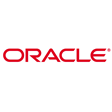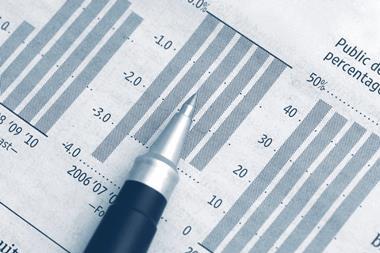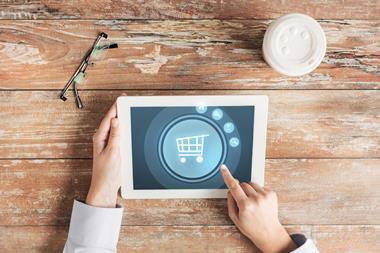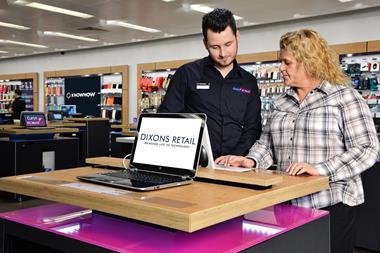With blockchain the future of the retail supply chain, Oracle’s Antony Welfare looks at the benefits of implementing a token-based system.
In this use case, I will look at using a tokenised ledger to provide a complete token-based system, similar to ‘real’ money where tokens are sent and exchanged at different times and for different reasons, based on calculated rules and events.
Within our network we use ‘AS tokens’ and they are built on the ‘AS blockchain’ – these are tokens of value that we will use to transact with the different events that happen in the retail network.
To start, we set up the token system so that we will pay the supplier on a set of defined circumstances automatically. For example, the jumpers have arrived in the specified warehouse, on time, in the right quantity and with the right quality.
If all those criteria are met the supplier is then paid with the token immediately. Imagine that this ‘AS blockchain’ is already loaded with the previous supply chain use case and we know all about the provenance of the products – it is data stored on our ‘AS blockchain’.
The order of jumpers is then loaded into a delivery van that heads to the NYC store. The doors are locked with a QR code.
“If connected to the token system, other suppliers and partners could be paid with these tokens, thus using one ledger to see all transactions and stages of the process”
The van arrives at the NYC store and the QR code is scanned by the manager and this unlocks the door of the van. The products are offloaded and scanned on to the ‘AS blockchain’ in store.
This process automatically transfers the stock into the store file and the items are ready for customer collection and to go on to the store shelves for sale.
If connected to the token system, other suppliers and partners could be paid with these tokens, thus using one ledger to see all transactions and stages of the process.
The supplier can then use these tokens to pay staff and order new raw materials for the next order of jumpers. This would need to involve all the suppliers and partners joining the network, which would be hard to imagine at first, but this is new tech and in a few years this is likely to be the norm.
What are the benefits of tokenised blockchain ledger?
- On-time payment to smaller suppliers and all partners. Our current financial system doesn’t work – with blockchain suppliers paid in real time.
- All transactions are shared and open to blockchain members – there is no need to reconcile the ledgers at the end of the month.
- Currency variations are removed within the token system.

Antony Welfare is innovation strategy director at Oracle






























